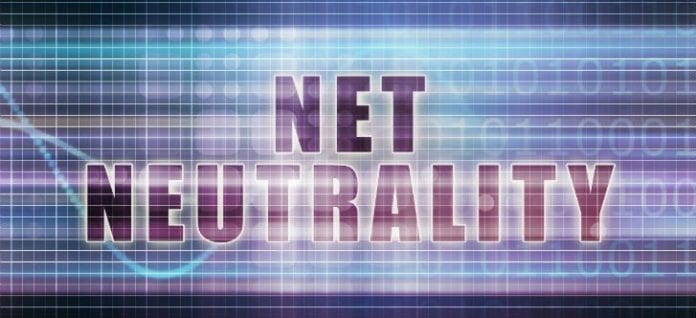Senate Democrats have officially filed for a review of the lifting of so-called “net neutrality” rules under the Congressional Review Act, even as the Federal Communications Commission gave notice that Title II regulation of internet service providers is set to end on June 11.
Once Title II regulations are lifted, internet service providers will be allowed to throttle, block traffic or charge more for various internet content so long as they disclose the practice to consumers. The FCC repealed the rules in a 3-2 party-line vote last December.
Federal Communications Commission Chairman Ajit Pai said in a statement issued today that “On June 11, these unnecessary and harmful Internet regulations will be repealed and the bipartisan, light-touch approach that served the online world well for nearly 20 years will be restored. The Federal Trade Commission will once again be empowered to target any unfair or deceptive business practices of Internet service providers and to protect American’s broadband privacy. Armed with our strengthened transparency rule, we look forward to working closely with the FTC to safeguard a free and open Internet.”
Commissioner Jessica Rosenworcel, who supports net neutrality rules, called the upcoming date “profoundly disappointing.”
“The FCC is on the wrong side of history, the wrong side of the law, and the wrong side of the American people. It deserves to have its handiwork revisited, reexamined, and ultimately reversed,” Rosenworcel said in a statement.
The Democrats’ filing forces a vote and 10 hours of debate on the topic, which Senator Ed Markey (D-Mass.), a major proponent of net neutrality rules, said may take place as soon as next week.
I just officially filed the petition to force a vote on #NetNeutrality on the Senate floor. A vote is imminent. Make your voices heard before it’s too late.#OneMoreVote pic.twitter.com/OR6OZ2aM8P
— Ed Markey (@SenMarkey) May 9, 2018
Reuters reported that net neutrality backers include 47 Democrats and two independents who caucus with Democrats, and Republican Senator Susan Collins. With Republican Senator John McCain absent as he battles with cancer, a slim 50-49 win in the Senate is possible, proponents believe. However, Reuters noted that even if it does pass the Senate, the legislation is unlikely to pass the GOP-controlled House or to be signed by President Donald Trump.
It’s possible that the battle could ultimately be resolved by the courts, as a number of states filed legal challenges to the FCC’s lifting of net neutrality regulations and some governors have since implemented their own such regulations by executive order. The state of Washington has a new law signed by the governor in March that maintains the concepts of net neutrality for service providers operating in the state.

